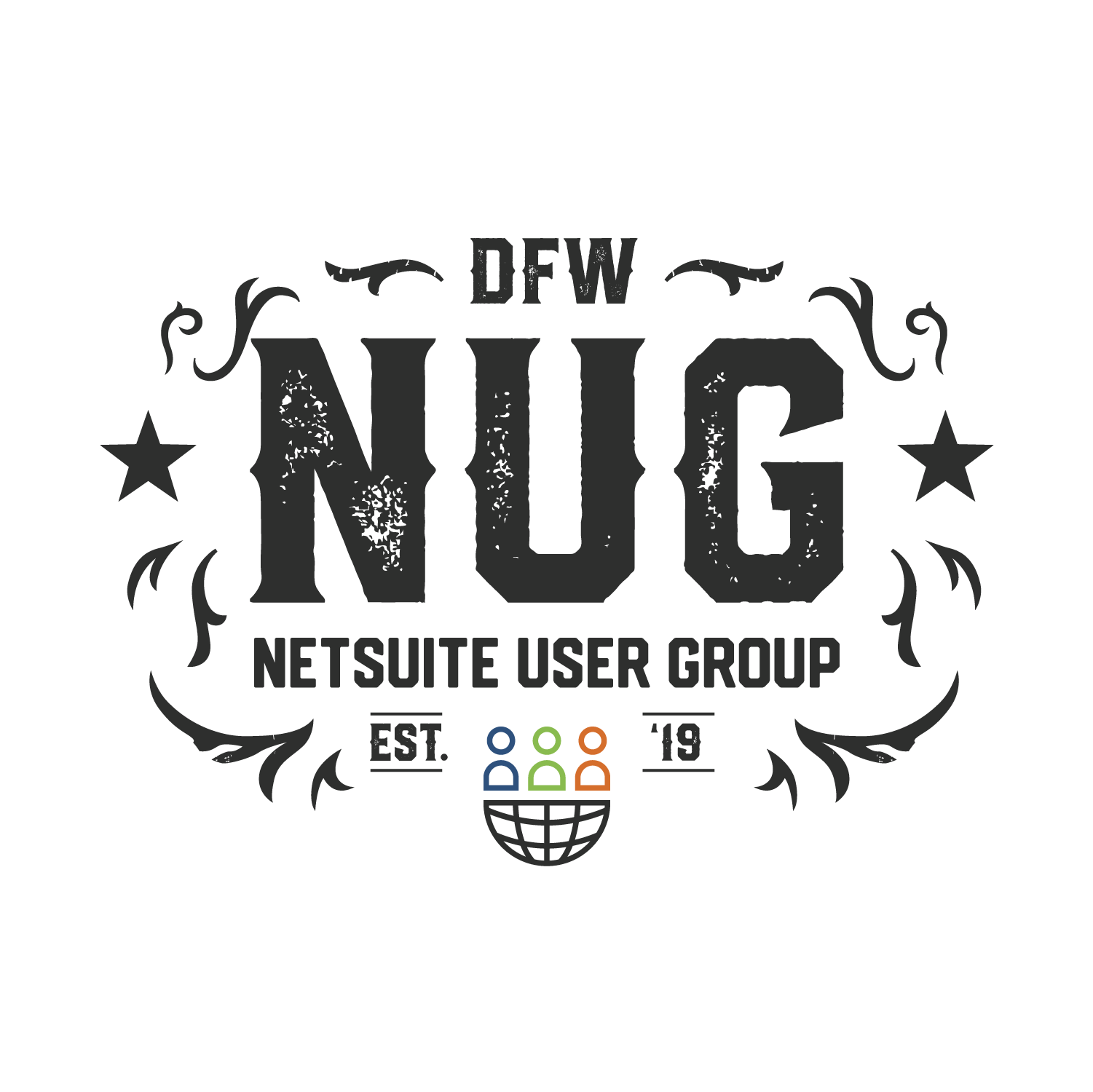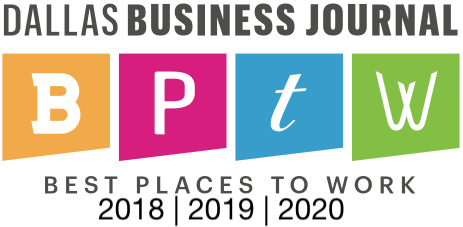
Financial Planning and Analysis (FP&A) teams play a crucial role supporting major corporate decisions of the CFO, CEO, the Board of Directors and department heads. Unlike accountants who are in charge of record keeping, financial analysts are charged with examining, analyzing and evaluating the entirety of a corporation’s financial activities and mapping out the company’s financial future.
The FP&A function is under constant pressure to provide more strategic value and insights for its organization. With many groups finishing up, or still working on, their 2020 planning cycle, the pain and struggles are still top of mind. Now is the time to fine tune the approach to planning and budgeting for the new year.
Here are three ways to get more out of your budgeting and planning process:
1. Increase collaboration.
When it comes to business, collaboration is vital. After all, no single department can do its job for long without the other departments pulling their own weight. But for some reason, when it comes to the numbers it can feel like every department is on its own. Data is often stuck in departmental or functional silos, making it difficult or even impossible for other departments to get the information they need to do their jobs well—to understand potential risks and opportunities for the business. Financial collaboration becomes easier when you stop relying on static spreadsheets. It starts with getting the entire team working with one, trusted set of numbers, and building on a foundation of accurate, up-to-date data. Teams should collaborate to eliminate version control issues and establish role-based permissions that enable process owners to control who can access and edit data.
2. Become more agile.
With the rising volume and complexity of data, automating manual tasks will allow FP&A professionals to truly rethink how they work every day. They can spend less time and energy on repetitive, manually intensive work, such as collecting, consolidating and reconciling spreadsheets, and free up more time for to serve as valued business partners. And to be a valued business partner, FP&A teams need to be able to tell management teams what the data means and make recommendations so the business can act on it, whether that’s a new product launch, customer segmentation initiative or supply chain inefficiency. Once the data collection process has been completely automated and data integrity is ensured, you end up with a harmonized and accurate view of the business. Not only will this save time but will also allow information to get to stakeholders more quickly and accurately.
3. Enrich your data analysis.
Businesses perform more efficiently when they are able to adapt and respond to the business climate. Using modeling techniques, predictive analytics, multiple ‘what if’ scenarios and rolling forecasts as part of the planning and budgeting process can help minimize uncertainty in the business. FP&A professionals are able to be more responsive in a fast-moving market and are able to deliver reliable analysis and operational reports to more accurately facilitate decision-making.
How to accomplish this?
As great as spreadsheets are for some things, collaboration, agility and analysis aren’t words you think of when describing that tool. Yet, many FP&A teams continue to rely on spreadsheets to manage the planning and budgeting process. With spreadsheets it’s easier to introduce errors and harder to be collaborative, and they are unsuited for the complex dynamic planning and reporting organizations require. FP&A ends up spending the bulk of its time verifying that the numbers are up to date and accurate. As a result, the team doesn’t have time to work with stakeholders to deliver insightful analysis that will really help in planning for company growth.
NetSuite Planning and Budgeting facilitates both company-wide and departmental planning with modeling capabilities, approval workflows and reporting within one collaborative scalable solution. A cloud-based planning and budgeting solution makes data accessible, in real-time, to everyone who needs to see such information. Accessibility boosts participation and accountability, making it easier to get meaningful input and engagement.
Photo by Annie Spratt on Unsplash
This story was originally posted on the NetSuite Blog.





